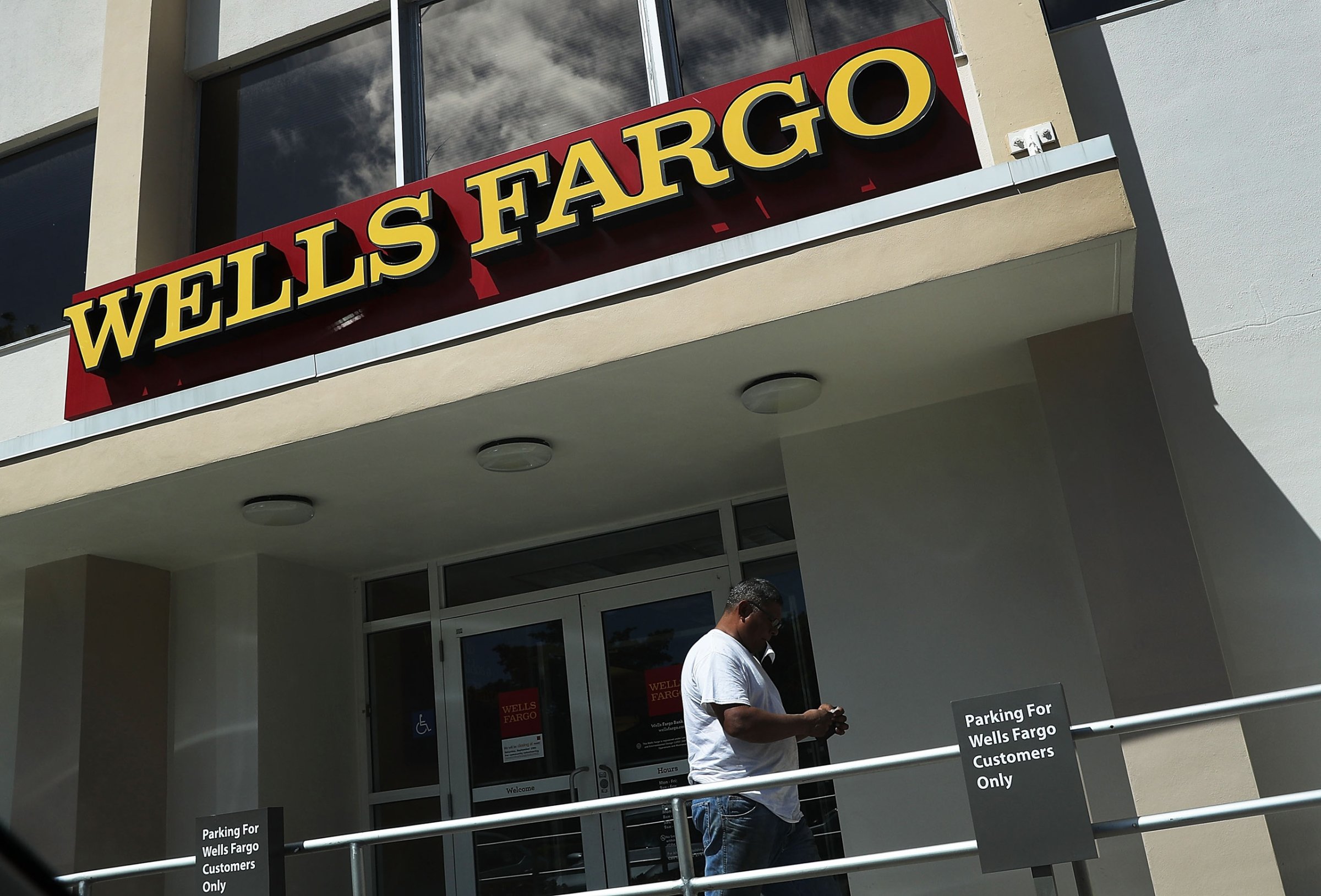
You know there’s something off when a major American bank fires 5,300 employees for illegal tampering with 1.5 million bank accounts and applying for 565,000 credit cards that may not have been authorized by customers, and it’s not top news. Wells Fargo, which has agreed to pay $185 million in fines following a Consumer Financial Protection Bureau announcement about the illegal activity, has suffered a small stock price correction, and issued an apology to customers, but it hasn’t actually admitted that it did anything wrong. Carrie Tolstedt, the executive implicated in the scandal, is set to leave the company with $125 million. Like many financial institutions that have been caught up in scandal before and after the 2008 crisis, Wells likely hopes that by paying a fine but not admitting fault, it can avoid lawsuits from the customers who were bilked, some of whom now have damaged credit thanks to the fraud. That’s just one of the many “business as usual” behaviors in any industry that, eight years on from the biggest financial crisis in 70 years, still has a major culture problem. No wonder a 2014 University of Zurich study found that the banking industry tends to bring out dishonesty in employees; even after years of turmoil, scandal, and fines, the financial sector still struggles with a culture that rewards profit at any cost.
The fact that dishonest and unethical behavior is so rife within the industry may be the very reason that the Wells scandal hasn’t made bigger news. There’s an acronym used in financial reporting circles—BOB, or Bored of Banking—used to describe the yawn that yet another story on financial misdeeds elicits. And yet, the story isn’t going away—indeed, it’s just getting bigger. Consider a study released last year by law firm Labaton Sucharow and the University of Notre Dame, looking at fraud in the financial sector in both the US and the UK. According to the survey of 1,200 professions, “47% of respondents find it likely that their competitors have engaged in unethical or illegal activity in order to gain an edge in the market. This represents a spike from the 39% who reported as such when surveyed in 2012. This figure jumps to 51% for individuals earning $500,000 or more per year. More than one-third (34%) of those earning $500,000 or more annually have witnessed or have first-hand knowledge of wrongdoing in the workplace. 23% of respondents believe it is likely that fellow employees have engaged in illegal or unethical activity in order to gain an edge, nearly double the 12% that reported as such in 2012.”
Clearly, the culture of finance hasn’t changed post 2008—it’s the likely hotspots for fraud that have. The fact that Wells employees were opening false credit card accounts to jack up sales figures likely reflects the fact that while Dodd Frank financial regulation has curbed some risky trading, banks are now looking at new profit centers in consumer banking. The pressure on employees to perform (apparently by whatever means necessarily) will only increase, since bank profit margins are being compressed not only by regulation, but by the current low interest rate environment, which makes it tougher for them to make money on loans. Double digit margins used to be commonplace in finance—now, many are lucky to make high single digits. In the long run, that’s not a bad thing—as I’ve been writing for some time, banks should be more like utilities; a strong and steady helpmate to business, rather than the main event. But in the short term, it’s going to require painful adjustment within financial firms themselves—and clearly, more cultural clean up.
More Must-Reads from TIME
- Where Trump 2.0 Will Differ From 1.0
- How Elon Musk Became a Kingmaker
- The Power—And Limits—of Peer Support
- The 100 Must-Read Books of 2024
- Column: If Optimism Feels Ridiculous Now, Try Hope
- The Future of Climate Action Is Trade Policy
- FX’s Say Nothing Is the Must-Watch Political Thriller of 2024
- Merle Bombardieri Is Helping People Make the Baby Decision
Contact us at letters@time.com